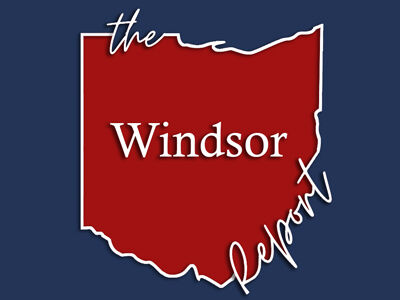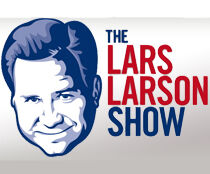High charges for police videos called into question
Regional News

Audio By Carbonatix
2:05 PM on Tuesday, September 16
J.D. Davidson
(The Center Square) – A small northeast Ohio village is being challenged after it used a new state law to charge $750 to prepare body camera footage to view as public video records.
The American Civil Liberties Union of Ohio recently wrote to the Village of Brewster to clarify the new law after the village charged a news organization a $750 deposit for a video from a specific incident in May.
The state’s new law allows public entities to charge $75 an hour up to $750 for videos produced after review and any necessary editing.
The ACLU-Ohio contends the village is charging based on hours of raw video, rather than the time of video released to the organization.
“It is up to the village to determine exactly how to calculate the costs associated with producing video footage, but the estimate should in no way reflect more hours than that of the video footage, with the actual cost amounting to potentially less depending on the number of hours of video produced,” ACLU-Ohio said in its letter.
The village is having a lawyer review the issue.
Gov. Mike DeWine signed the bill into law in January after lawmakers passed it, adding the fees for producing body and dash camera video at the last minute.
The bill was a 450-page omnibus bill passed well after midnight during the lame duck session in December.
The bill originally established enforcement for zoning violations, allowed townships to use their website or social media to meet public notice requirements, and allowed townships to add a “protect and serve charge” of up to $1 on admission to some large events.
It also requires private health insurance to cover hearing aids for individuals under 22 years old.
The Ohio News Media Association objected to the change in public notice, but no hearings were held after the additional charge for public video records was added to the legislation.
After signing the bill, DeWine said he did not believe the established charges would impact the public’s right to access public video.
"It is good that the language in House Bill 315 does not include a mandatory fee, but instead it is optional at the discretion of the agency,” DeWine said in January. "It is also good the user fees are capped and directly related to the cost of production. If the language in House Bill 315 related to public records turns out to have unforeseen consequences, I will work with the General Assembly to amend the language to address such legitimate concerns."
ACLU-Ohio, which objected to the late addition of video charges to the bill, had encouraged DeWine to eliminate it with a line-item veto.







